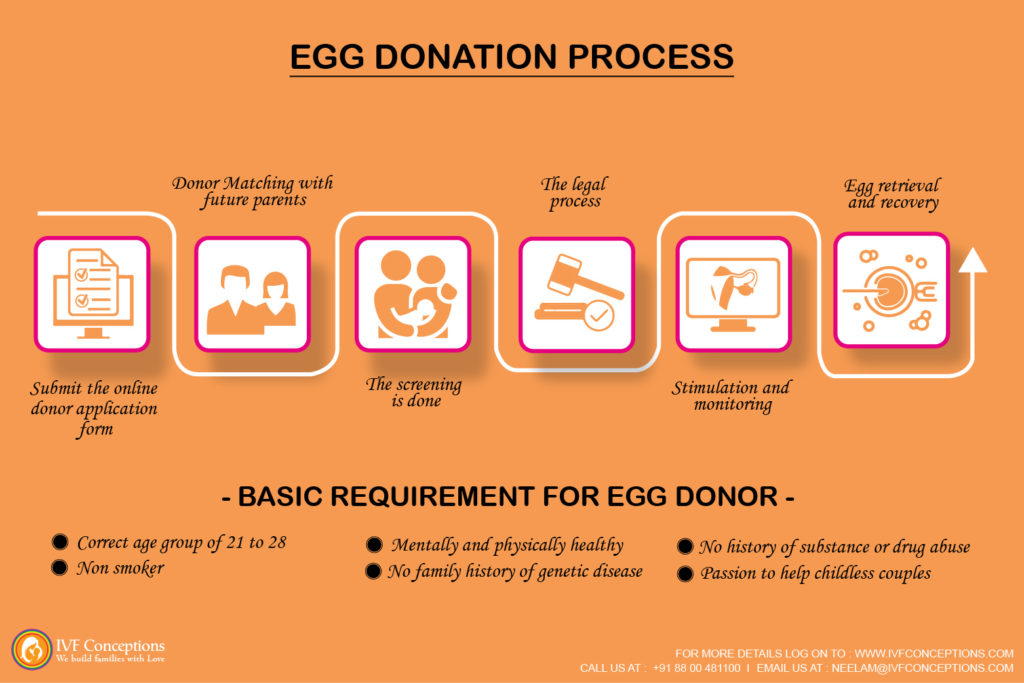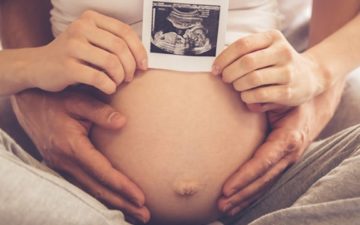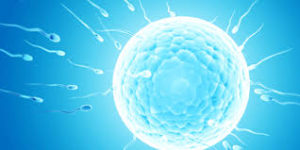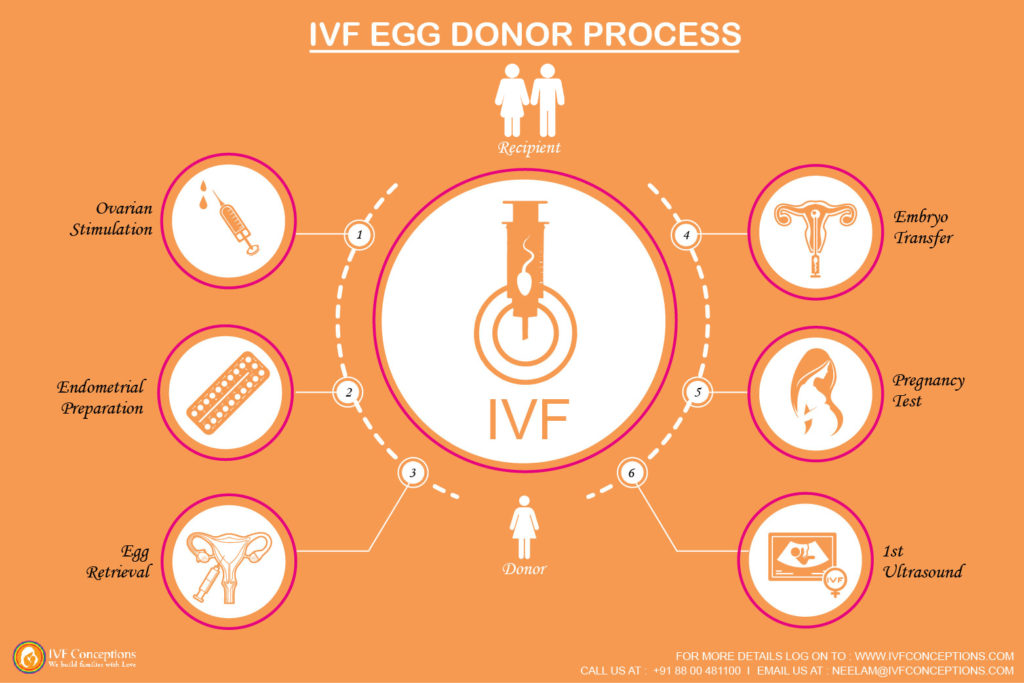Egg Donation Process: Timelines, Risks & Success Rates


How long does the egg donation process take? In a nutshell, the egg donation process takes 2 weeks to complete the full procedure of stimulation and egg pick up. Egg donation is an Assisted Reproduction Technologies (ART) procedure that helps the infertile couple to get oocytes or eggs from another woman.
Egg donation is a remarkable gift that allows many intended parents to fulfill their dreams of having a child. If you’re considering donating eggs or using an egg donor for your fertility journey, one of the most common questions is: how long does the egg donation process take?
From start to finish, the egg donation process typically spans about 2 to 3 months. However, the timeline can vary depending on several factors, including the donor’s health, synchronization of cycles, medical screenings, and the clinic’s protocols.
This blog post provides a comprehensive breakdown of the entire egg donation process and the timeframes associated with each step.
Get in touch for a Free Surrogacy Consultancy:
📲 +91-8800481100 ( WhatsApp, Line, Viber)
How can you donate eggs?
There are three main ways to donate your eggs: by an agency, by a donor clinic, or by a directed donation.
Egg donor agencies are essentially head hunters and will pay extra according to a donor’s particulars. The egg donor compensation varies from $6,000 to $15,000 based on their local costs, including loss of income, miles, car parking, and other charges. So, you can make up to $25,000 for the donation if you pass through an organization and have a good fertility indicator or fall into the high-demand egg donor bucket.
Even, without being chased by them, you can look up an organization or clinic with a donation service on your own. There is also a donation of eggs, which can be donated directly to a relative or friend, but without the agency’s procedure or the clinic.
Egg Donation Process Overview:
The egg donation process is a multi-step procedure that involves the following stages:
- Application and Initial Screening
- Medical and Psychological Evaluation
- Matching with Intended Parents
- Cycle Synchronization
- Ovarian Stimulation and Monitoring
- Egg Retrieval
Let’s explore each of these steps in more detail, along with how long each one takes.
- Application and Initial Screening: 1-2 Weeks
The first step for potential egg donors involves applying to a fertility clinic or egg donation agency. The application will generally include a detailed questionnaire covering your medical history, lifestyle, education, and family background.
Once your application is approved, you’ll be asked to undergo an initial screening. This typically includes:
- Blood tests: To check hormone levels and overall health.
- Ultrasound: To assess ovarian reserves.
- Genetic testing: To identify any potential genetic risks.
This initial phase usually takes 1 to 2 weeks depending on how quickly appointments can be scheduled.
- Medical and Psychological Evaluation: 2-4 Weeks
Before you can officially become an egg donor, you’ll undergo thorough medical and psychological evaluations. These ensure you’re in good health and mentally prepared for the ovum donation process.
- Medical Exam: A fertility specialist will conduct more comprehensive tests, including blood work and physical exams, to ensure you’re a suitable donor.
- Psychological Evaluation: Donors will meet with a mental health professional to discuss the emotional aspects of donation, including the potential long-term implications. This is especially important as egg donation can have lasting emotional impacts.
- Genetic Counseling: You may also meet with a genetic counselor to discuss your family history and any potential genetic conditions that could be passed on to the recipient.
This evaluation stage can take 2 to 4 weeks, depending on the availability of doctors and specialists.
- Matching with Intended Parents: 1-2 Weeks or More
Once you’ve passed all the medical and psychological evaluations, you’ll be added to a donor database, where intended parents can select a donor based on characteristics like physical traits, health history, and educational background.
- Timeline Variability: Matching with intended parents can take as little as 1 week, but sometimes it may take longer depending on the availability of intended parents and their preferences.
If you are working with a known recipient (such as a family member or friend), this stage is faster since you won’t need to wait for a match.
- Cycle Synchronization: 2-4 Weeks
Once a match is made, the next step is cycle synchronization between the egg donor and the intended mother or surrogate. Synchronizing the menstrual cycles is critical to ensure the recipient’s body is ready to receive the embryo after the eggs are retrieved.
- Birth Control Pills: Both the donor and recipient are often placed on birth control to regulate and align their cycles.
- Medications: The donor may start taking medications to stimulate the ovaries, while the recipient begins hormone treatments to prepare the uterus for implantation.
Cycle synchronization typically takes 2 to 4 weeks, depending on how well the bodies of both the donor and recipient respond to the medication.
- Ovarian Stimulation and Monitoring: 10-14 Days
After cycle synchronization, the egg donor will begin the ovarian stimulation phase. This involves daily hormone injections to stimulate the ovaries to produce multiple eggs, rather than the single egg a woman naturally releases each month.
- Monitoring: Throughout this phase, the donor will visit the clinic regularly for blood tests and ultrasounds to monitor the growth of the follicles (which contain the eggs).
- Duration: Ovarian stimulation lasts 10 to 14 days, depending on how the donor’s body responds to the medications.
- Egg Retrieval Procedure: 1 Day
Once the eggs are mature, the donor will undergo the egg retrieval procedure. This is a minor surgical procedure performed under sedation.
- Procedure Length: The egg retrieval itself takes about 20 to 30 minutes.
- Recovery: Most donors can go home the same day and resume normal activities within 1-2 days.
Egg Donation Timeline: A Breakdown
Here’s a summary of the ovum donation process and the typical timeframes for each stage:
| Step | Estimated Time |
| Application & Initial Screening | 1-2 weeks |
| Medical & Psychological Evaluation | 2-4 weeks |
| Matching with Intended Parents | 1-2 weeks (or more) |
| Cycle Synchronization | 2-4 weeks |
| Ovarian Stimulation & Monitoring | 10-14 days |
| Egg Retrieval | 1 day |
| Total Time | 2 to 3 months |

 Factors That Can Affect the Timeline
Factors That Can Affect the Timeline
While the egg donation process typically takes 2 to 3 months, several factors can impact this timeline:
- Availability of Intended Parents: Matching with intended parents can sometimes take longer, depending on demand and preferences.
- Donor’s Health: Some donors may require additional medical screenings or tests that could extend the timeline.
- Response to Medications: The donor’s body may take longer to respond to ovarian stimulation medications, which could delay egg retrieval.
- Cycle Synchronization Issues: In some cases, cycle synchronization may take longer if the donor and recipient’s cycles do not align as expected.
Egg donation process timeline
#1. You start taking oral contraceptive pills on day 3 after your cycle. Why does this happen? The pill holds your hormones and ovaries in a non-ovulatory condition while waiting for the stimulation to start.
#2. You will make a baseline appointment in 2-3 weeks. The IVF clinic will conduct blood tests and an ultrasound. You’ll start your medication injections if everything looks good. The medications will promote the development and maturity of several eggs in your ovaries.
#3. You must give yourself an injection every approximately 10 days. You will need to come every day for a monitoring appointment to monitor your ovaries during this period (3 to 4 visits to do a scan of the ovaries and blood tests to monitor hormones done to evaluate how the egg stimulation process is going on)
#4. When the time comes, you will obtain the HCG trigger shot according to your surveillance schedule. Your recuperation of egg began 34-36 hours after this shot had been received.
#5. The appointment for egg recovery is limited. It takes only about 20 minutes to recover. However, an hour before your meeting, you will have to arrive and stay for 1 to 2 hours. You should, however, resume regular activities the next day.
What Happens After Egg Retrieval?
After the egg retrieval procedure, the donated eggs are fertilized in a laboratory with the intended father’s sperm (or sperm donor, if applicable) to create embryos. The best-quality embryos are then transferred to the recipient’s uterus, with any remaining embryos often being frozen for future use.
Is the Ovum Donation Process Worth It?
Egg donation is a significant commitment, but it can be incredibly rewarding for both the donor and the intended parents. Many donors report a sense of fulfillment from helping others build their families, while recipients benefit from the chance to experience pregnancy and childbirth.
For intended parents, working with an egg donor can dramatically increase the chances of a successful pregnancy, especially for those struggling with infertility or genetic concerns.

 Egg donation risks and benefits
Egg donation risks and benefits
Egg donation is a less risky medical procedure. The methods and drugs for an egg donor are the same as those that are used in the IVF process for women with their eggs and have the same risk.
Some women can experience bleeding if the needle is applied to the ovary by the doctor. Bowel, bladder, or adjacent blood vessels may be damaged in rare cases. Nonetheless, it is doubtful that there will be any significant injury or bleeding. After the removal of the eggs, an infection can also occur. To avoid this, the doctor can prescribe antibiotics.
Ovarian hyperstimulation syndrome (OHSS), is a potential side effect of egg donation when a woman’s ovaries react overreact to the medication given to increase egg production. It can be mild, moderate, or extreme, and can be caused by drugs administered by a doctor to aid egg donors with their ovulation.
More resources:
Top 8 factors to consider when choosing an egg donor
All you need to know about the egg donation process?
Top 7 FAQs related to the egg donation process?
The success rate of donating eggs
The egg donor’s age, the recovery process, sperm quality, and overall health of the recipients are the factors on which the success of egg donation depends. But it is advising to choose an egg donor or Egg donation eligibility criteria are as below:
- Who is younger?
- Have proven fertility – have a baby of her own or past successful pregnancy achieved in last donations
- A good number of eggs in past donations, if any
- Have a kind and compassionate intention to help a childless couple
Conclusion
The egg donation process typically takes 2 to 3 months from start to finish. While the timeline can vary depending on various factors, the entire process is designed to ensure the health and safety of both the donor and recipient. If you’re considering donating eggs or using an egg donor, understanding the steps involved and the associated timeframes can help you prepare for this life-changing journey.
Egg donation is a beautiful way to contribute to someone’s dream of parenthood, and with the right preparation and support, the process can be smooth and rewarding for all parties involved.
If you’d like to learn more about IVF, Egg Donation, or surrogacy services globally, check out the rest of our website: IVF Conceptions. We offer legally secure and affordable surrogacy consulting services for FREE.
Get in touch for a Free Surrogacy Consultancy:
📲 +91-8800481100 ( WhatsApp, Line, Viber)
FAQs For How Long Does the Egg Donation Process Take
How does the egg donation process work?
The egg donation process involves a donor providing eggs to a recipient for the purpose of getting pregnant. This recipient could be the intended parent or a surrogate who will carry the pregnancy for the intended parents.
The donor undergoes ovarian stimulation with injectable medications to produce multiple eggs, which are then retrieved through a minor surgical procedure. The retrieved eggs are evaluated before fertilization, and the healthiest embryos are transferred to the recipient’s uterus.
What are the steps involved in egg donation?
The egg donation process includes application and screening, hormonal medication to stimulate egg production, egg retrieval via a transvaginal ultrasound-guided needle aspiration procedure, and embryo evaluation and transfer.
The steps involve meeting certain criteria set by the fertility center, taking hormonal medications to stimulate ovaries, and undergoing the egg retrieval process under sedation.
How long does the egg screening and selection take?
The egg screening and selection process can take several weeks. It involves meeting the criteria set by the fertility center, followed by hormonal medication administration for about 10 to 12 days. The timeline may vary depending on individual factors and clinic guidelines.
What are the requirements for egg donors?
To become an egg donor, you generally need to be between 21 and 34 years old and meet specific criteria set by the fertility center.
This often includes being in good physical and mental health, not smoking, and being willing to commit to the process.
Can I work while undergoing the egg donation process?
Yes, you can usually continue working during most stages of the egg donation process. However, you may need to attend appointments related to screenings, monitoring, and the egg retrieval procedure.
Are there any risks associated with egg donation?
Yes, there are potential risks associated with egg donation, such as ovarian hyperstimulation syndrome, infection, medication side effects, and temporary weight gain.
However, when closely supervised by a medical professional, the process is generally considered safe.
How long is the recovery period after egg retrieval?
Recovery after egg retrieval typically takes a few days. While you may feel dazed after sedation, you can usually resume regular activities within a week. It’s recommended to take it easy and rest on the day following the retrieval procedure.
What are the success rates of egg donation?
Success rates of egg donation can vary depending on factors like age, health, and the recipient’s condition. On average, success rates range from 50% to 60% per embryo transfer.
How are egg donors compensated?
Egg donor compensation varies based on location and fertility clinic. Compensation often starts at a certain amount, such as $8,000 per donation, and can increase based on specific clinical factors.
Can I donate eggs multiple times?
Donating eggs multiple times is possible, but it’s essential to consider health and recovery implications. It’s recommended to allow your body to fully recover between donations and to follow medical guidelines to ensure your well-being.
How long does the egg donation process take from start to finish?
The egg donation process generally takes 2 to 3 months, but the exact timeline may vary based on factors like donor matching, cycle synchronization, and medical screenings.
How long does it take to match with intended parents?
Matching with intended parents can take as little as 1 to 2 weeks, though in some cases, it may take longer depending on the donor and intended parent preferences.
How long does ovarian stimulation last?
Ovarian stimulation typically lasts 10 to 14 days, during which the donor takes hormone injections to produce multiple eggs.
What happens after egg retrieval?
After retrieval, the eggs are fertilized in a lab to create embryos. The best-quality embryos are transferred to the intended mother or surrogate.
Can the egg donation process be faster?
While 2 to 3 months is typical, the timeline can vary. Working with an experienced clinic or agency can help ensure the process goes as smoothly and quickly as possible.


